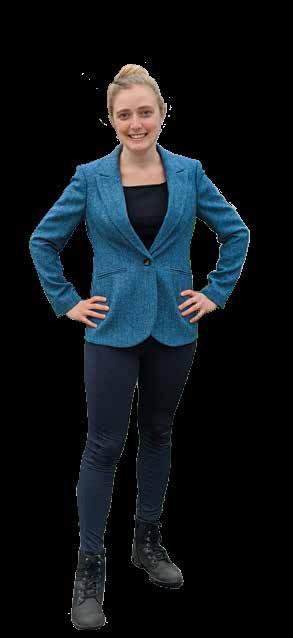Literary Lessons:
Reading as Critical Thinking and Catharsis By Lisa Ann Villarreal, Ph.D. On the afternoon of November 4, as we all waited anxiously to learn the results of the previous day’s presidential election, I met with my Modern World Literature class to open our discussion of a new book; that day, we were scheduled to begin studying Cristina Garcia’s Dreaming in Cuban, a 1992 novel that showcases the multigenerational connections and conflicts in a Cuban family. The course curriculum was designed around four novels by women of color from across the globe. Most of these I had chosen because they engaged directly with contemporary issues that touched my students’ lives; Dreaming in Cuban, a thirty-year-old book about communist Cuba, seemed less topical by comparison, but I thought my students would enjoy reading it. I could never have anticipated how this story would reflect our own experiences and emotions on that November day. The primary conflict of the novel is the estrangement between the matriarch Celia del Pino and her middle-aged daughter Lourdes. Celia is a devotee of Castro and a fervent supporter of the revolution, while Lourdes, an expatriate who started a successful chain of bakeries in New York, is its most bitter critic. Their political differences have driven a wedge between mother and daughter, forcing the rest of the family to choose sides. As my student Alan Arreola ’24 characterized it, “Dreaming in Cuban paints a conflict between family and their values that diminishes their ability to achieve closeness with each other.” As we began our discussion, it quickly became clear that, in the wake of the election, my students had been coping with similar conflicts. Melissa Herrera ’22 commented, “It’s heartbreaking to see people who I thought were my friends vote for someone to take away family rights. And then they still expect to stay friends.”
21 SUMMER 2021






























